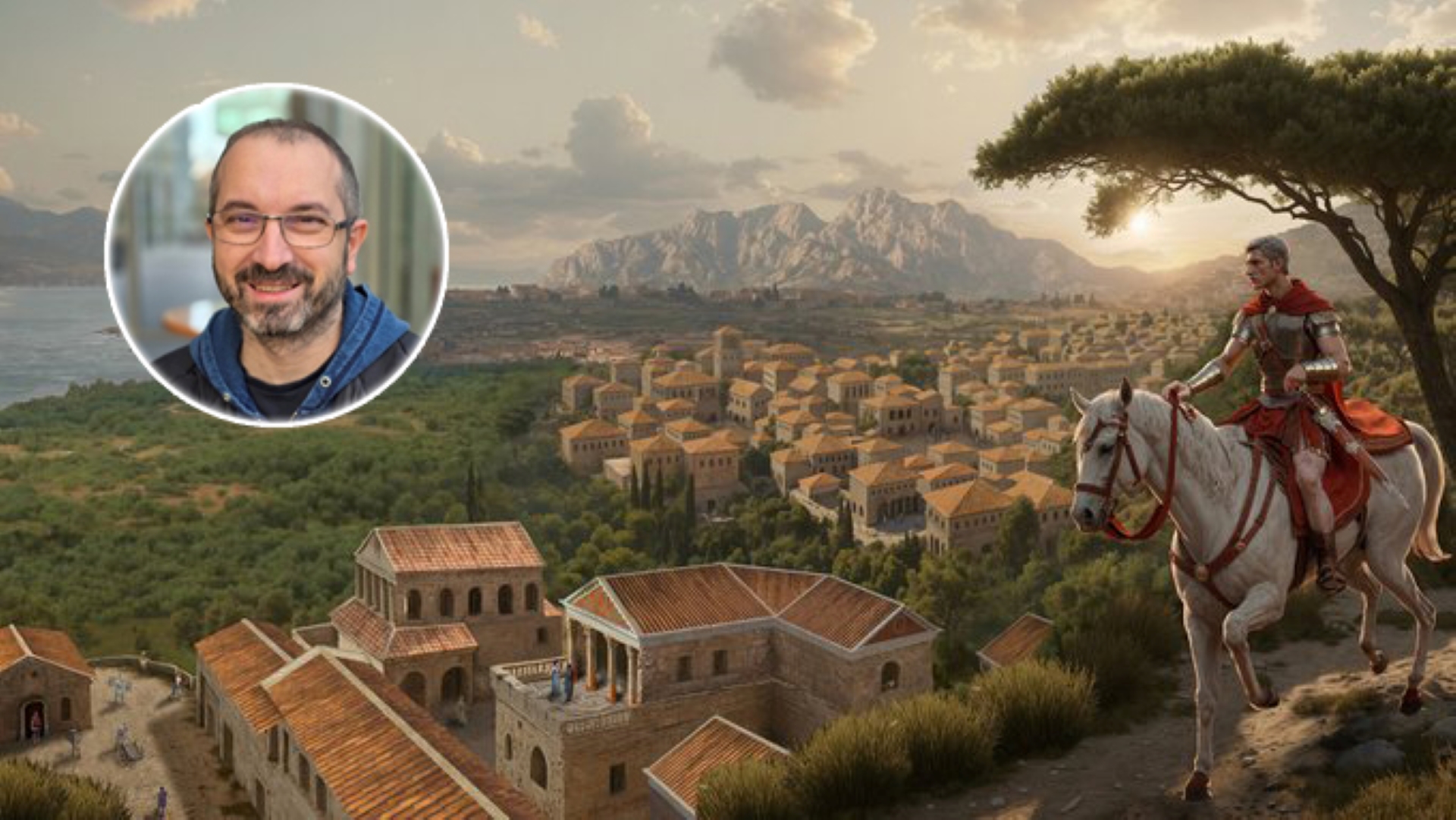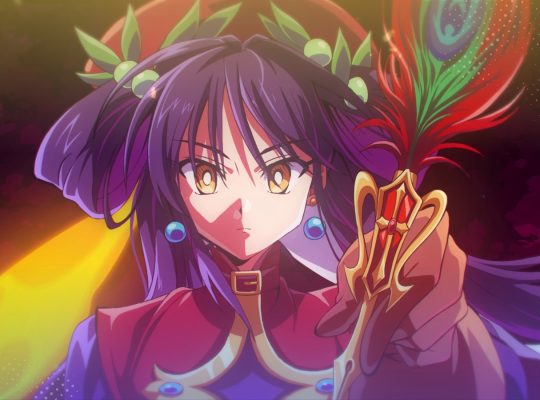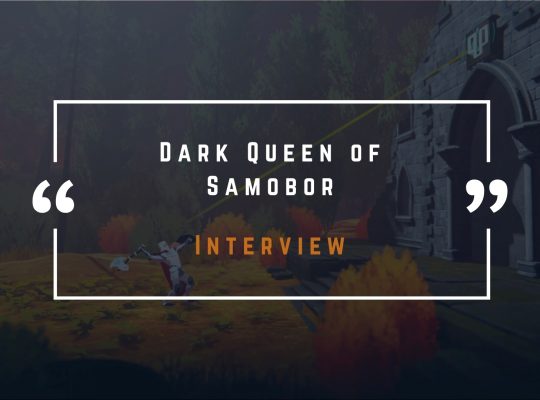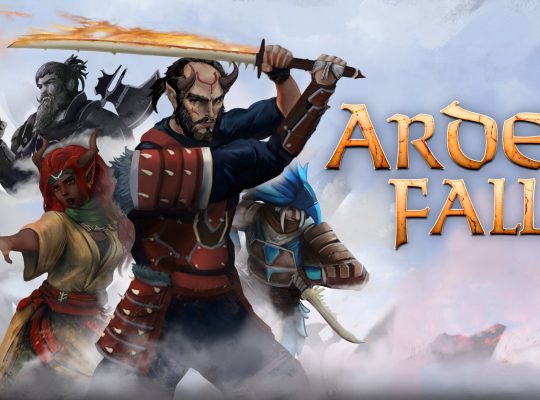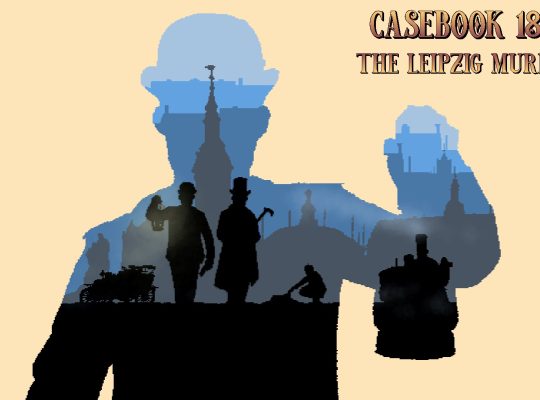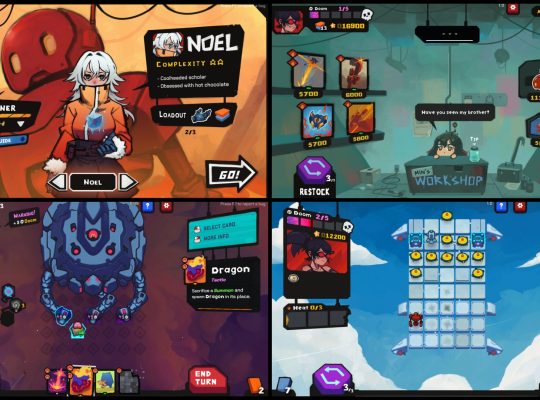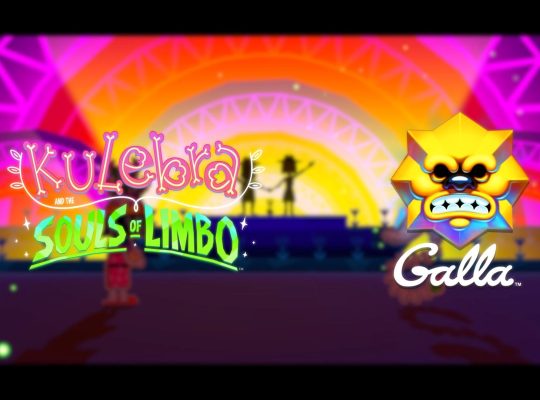Željko Kos is an experienced developer in the Croatian gaming scene. He has been a producer, programmer, and video game designer since 1999 and is the co-founder of LGM Games and Overseer Games. He also owns Siscia Games and is currently working on a city builder title, Pompeii: The Legacy.
We asked him about his journey as a developer, the projects he has worked on, his views on the gaming scene in Croatia, and what we can expect from his latest title. He is proof that Croatian video games can achieve remarkable popularity when the right idea is combined with a genre that appeals to a broad audience.
We definitely recommend following his projects. Although the latest title, Pompeii: The Legacy, does not yet have its own Steam page, more information can be found here. If you are interested in other games he has worked on or supports, you can visit the official Steam page of Overseer Games.
Could you tell us something about your journey as a developer; considering you started back in 1999, what was it like back then and how did you get into the world of programming?
I started programming on the Commodore 64, and after enrolling in college, I shifted my focus to 3D modeling. Towards the end of my studies, I fell in with a rough crowd and started working as a level designer on a project at Fragile Bits. Additionally, I watched other codes, which increasingly attracted me. That's when my first studio, Razbor, came into play, where we managed to create and release the adventure game Legacy: Dark Shadows.
What were your first projects and how did they impact your career development?
As I mentioned, my first project was Legacy: Dark Shadows. On that game, I handled both character modeling and the complete coding. Since commercial game engines were not available at that time, I had to write one myself. The necessity to learn every segment of game programming to achieve the goal shaped me into a generalist game programmer.
Which project are you most proud of?
Strapoint Gemini 3 was exceptionally technically demanding. Since we were working on our own game engine, we needed to develop an animation system for characters that supported facial expressions and speech. For this project, we used both motion capture and facial capture technologies, which are still rarely used in Croatia today. The game is primarily a space simulation but includes many elements from other genres.
On this project, I collaborated with writer Darko Macan and several top-notch graphic artists, notably Stjepan Mihaljević and Goran Pavlovski.
What do you think are the most important trends in the gaming industry right now? Which genres do you think are performing the best?
I believe that genre is less important than the quality of the game. Today, there's a hyperproduction of games, evident on Steam with around 40,000 game publishers. I'm not sure, but I assume that 90% of released games don’t even earn back 10% of their development costs. Therefore, it’s crucial for a game to stand out from others in its genre through its quality.
When my company started developing Patron, there were only a few quality city builder games on Steam. Today, three years later, there are hundreds of city builder titles on Steam. It has become very difficult to predict trends for the next year or two.
How important is player feedback in the development process?
Feedback is far more important than we, as game designers, might sometimes realize, and we need to accept that. Of course, it’s crucial to be very objective and know how to filter this information. Along with valuable feedback, developers also receive a lot of murmur — information generated by players based on their own misconceptions about the upcoming game.
Given that you co-own Little Green Men Games and Overseer Games, what would you highlight about teamwork and leading a team? How long does it typically take you to successfully complete a game?
In our experience, project development has ranged from 8 months to a maximum of 3 years. In the past, our games took longer to develop. These days, I prefer working on relatively shorter development cycles due to the reduced stress and lower risk associated with longer development times.
Teamwork in the creative industry is highly stressful. Creatives desire their own freedom, but deadlines can restrict that freedom and confine them within the project's defined boundaries. The positive aspect is that, with years of industry experience, certain frameworks have crystallized that help keep both creatives satisfied and projects moving forward.
Would you prefer having a publisher behind you or self-publishing your game? What has been your experience with this?
Personally, I would prefer to work independently. However, sometimes a studio doesn’t have that option due to rising costs and needs to seek a publisher. Having experience with both publishers and self-publishing, I can say that for a team with experience and knowledge, it doesn't make much difference whether they have a publisher or not. However, a small team just starting out is often doomed without a publisher. Setting boundaries can be beneficial for beginners, for their own good.
You’ve worked on highly successful Croatian titles like Aquatico and Patron. You’re currently working on your own game, Pompeii: The Legacy. Where did you draw inspiration for this title, and what can we expect from it?
Pompeii: The Legacy is the first title I’ve designed entirely on my own. I’ve always been fascinated by Roman civilization. Given that Croatia has many remnants of this civilization, I’ve seen Roman ruins in Istria, Dalmatia, and the continent since my youth.
For this project, besides referencing other games, I watched numerous documentaries and films on Roman themes. This knowledge helped me crystallize the vision for the game.
Pompeii: The Legacy will be a classic city builder featuring advanced trade mechanics. Players will rebuild Pompeii 20 years after the great volcanic eruption. At the start of the game, Emperor Trajan is in power and will also appear as one of the protagonists.
The game will span several centuries, with players managing multiple generations of a family rebuilding Pompeii. The head of the family will make decisions affecting both their subjects and their successors.
What can you tell us about the WhaleX engine?
WhaleX is a game engine based on DX11 technology. It relies on several additions such as the Autodesk FBX Library and NVIDIA PhysX. Originally developed for space simulation projects, I later made it more versatile, and it was successfully used in Patron and Aquatico.
For this project, I enhanced terrain rendering, animated characters, and added more realistic water rendering using the Gerstner wave system.
In your opinion: Unity, Unreal Engine, or perhaps Godot? Which one do you think is the best?
First and foremost, choosing an engine depends on your specific needs. If you want to develop a photorealistic game, Unreal Engine is likely your best choice. For a 2D platformer, Godot could be more suitable.
Another factor is whether your developers are more proficient in C++ or C#. If you have C# programmers, Unity is probably the best option. Each engine is effective in the hands of developers with foundational knowledge, but no engine will be a good fit for those who lack basic skills.
We know you’re also working on Kaiserpunk. How was the reception from players during Steam Next Fest, and when is the game expected to be released?
This is the first game from Overseer Games that I am not directly involved in. However, as a co-owner of the company, I monitor the statistics and can say that Steam Next Fest went very well. The team did an excellent job with both game development and marketing. During the festival, we surpassed 100,000 wishlists, and that number continues to grow.
The release date for Kaiserpunk will be announced very soon.
What would you highlight as the main reason for Aquatico's success?
I believe it’s primarily because Aquatico is the first city builder where the entire gameplay takes place entirely underwater. While there was a version of Anno with some underwater elements, Aquatico has no gameplay outside of the ocean depths. Having such a unique concept makes it easier to design a marketing campaign and attract influencers and players.
Additionally, Aquatico offers the ability to build on the ocean floor as well as in elevated underwater domes. This approach to construction was not common in games of this genre before.
As an experienced developer in the Croatian gaming scene, what is your opinion on the gaming industry in Croatia today?
The gaming industry in Croatia has grown significantly over the last decade. With the increase in the number of studios, the quality of games has also improved. We now have a wide range of studio sizes, which is very beneficial for the industry. The emergence of gaming incubators in Novska has given the industry an additional boost.
Today, there are numerous schools, universities, and courses that help new game developers acquire knowledge. This was unimaginable when I started in the industry.
How important are the Croatian Audiovisual Centre (HAVC) and the Croatian Game Developers Alliance (CGDA) for the Croatian gaming scene, in your opinion?
As one of the founders of CGDA, I’m pleased with how the cluster has developed and professionalized. With Aleksandar Gavrilović taking over as the cluster secretary, things have become much more dynamic.
HAVC, as a major institution, and CGDA are still in the early stages of collaboration, and I hope their relationship will evolve into a more partnership-based one in the near future. Currently, HAVC provides partial funding for video game projects, but these funds are mostly symbolic. However, it’s important to note that there is a strong willingness among HAVC’s leadership to see video games achieve parity with film.
What key skills should young developers focus on learning?
Young developers should focus on mastering mathematics, physics, and logic. Unlike the past, when we used to visit bookstores for technical books, today’s younger generation may not fully appreciate the value of books as a source of knowledge.
It's disheartening when a young person who can "program" using blueprints in a game engine believes they are a true programmer. Without logical thinking, proficiency with spreadsheets and various tools, and creativity, young team members can struggle to fit into a game development team.
In addition to these skills, a game designer should understand the competition by playing video games and foster imagination through reading books and watching films.
Is there a dream or ambition you haven't yet fulfilled but hope to in the future?
I’d like to take a vacation without my laptop. I want to visit Pula, Rome, and Kyoto without a camera (or smartphone).


